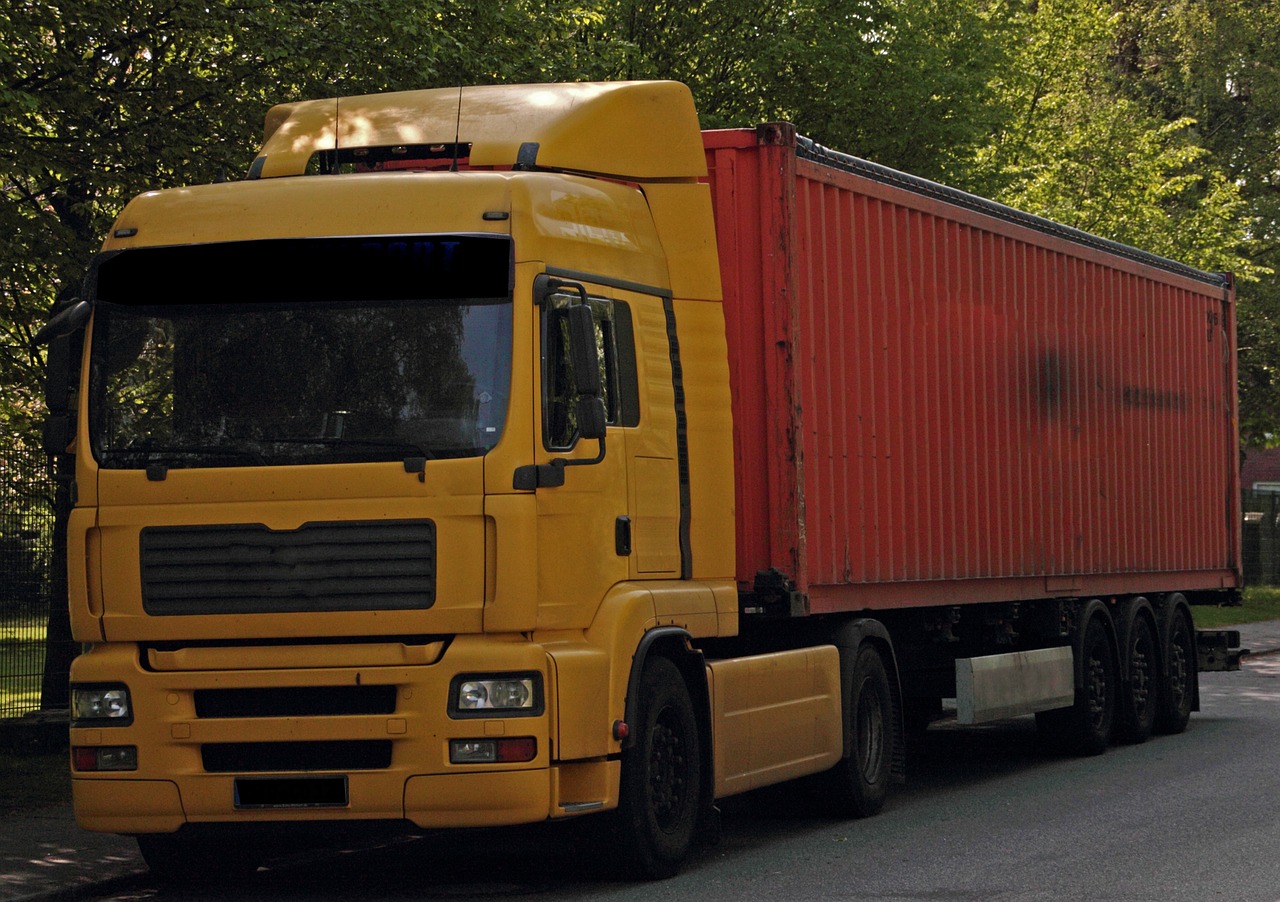
We always try to promote walk-around checks and fleet maintenance as part of an effective programme for fleet vehicles in order to maximise fleet safety for workers as well as road users'safety, so as not to waste money and, ultimately, to optimise resources for developing the business.
Today we actually look at how expensive and dangerous it could be to overlook this basic, yet important, strategy.
Keeping vehicles in poor conditions—or not roadworthy, in other words—could cost companies a lot of money according to recently released data by the Driver and Vehicle Standard Agency (DVSA).
It might surprise some people to know that 8 in 10 vans stopped by the DVSA are due to overloading and more than 6 in 10 are stopped because they have defects.
If your vehicle or van is stopped because a defect is found, you can lose the vehicle working for the day or until the defect is repaired. Furthermore, you might be required to appear in court and have to pay hefty fines. In the UK, the DVSA fines might reach £300 (€426)... and the number of inspections is steadily increasing.
Businesses should understand the importance of keeping vehicles compliant with legal requirements: make sure they are not overloaded, maintenance is performed regularly and that there are no serious defects. Drivers need to have the requisite licenses to drive vehicles, ensure that vehicles are not overloaded, that they do not exceed the maximum weight stipulated by the identification plate of the vehicle and that loads are safely secured. Vehicles need to be insured, maximum daily driving hours and breaks have to be respected and drivers need to know the rules of the road.
Compliance shouldn't only be accepted because of the threat of sanctions: it is necessary and mandatory for the safety of everyone on the road.





